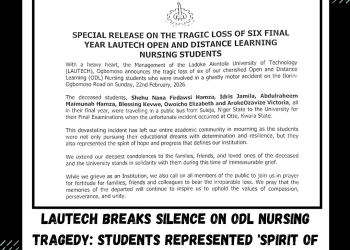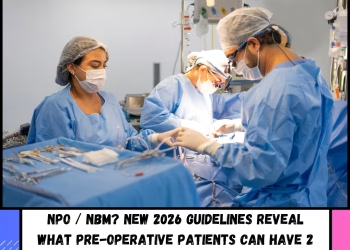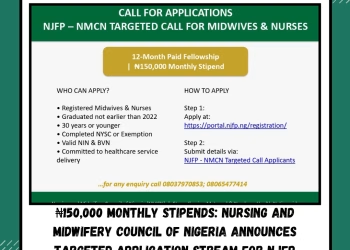
In a move that flew under the radar this week, the U.S. Department of Education – under the incoming Trump administration – has proposed reclassifying dozens of graduate programs.
The result? Thousands of future nurses, nurse practitioners, counselors, social workers, and public health professionals will lose access to the federal Grad PLUS loans that currently cover the full cost of their degrees.
What Actually Changed?
Starting July 2026, federal student loans will have two very different caps:
- “Professional” degrees (medicine, law, dentistry, pharmacy, theology, etc.) → Keep the $200,000 lifetime limit + unlimited Grad PLUS borrowing
- Everything else (including MSN, DNP, Nurse Practitioner, MSW, Counseling, Public Health, Physical Therapy, Occupational Therapy, Speech Pathology, Audiology, etc.) → Capped at just $100,000 lifetime and NO more Grad PLUS loans
That means a nursing student who needs $110,000 for a reputable DNP program will suddenly be short $60,000–$80,000 with no federal option left.
Real-World Impact: Numbers That Hurt
| Program Example | Average Total Cost | Old Federal Option | New Reality After 2026 |
| NYU Master of Social Work | ~$90,000 | Covered 100% | Short by ~$40,000 |
| USC Doctor of Nursing Practice | ~$110,000 | Covered 100% | Short by ~$60,000+ |
| Boston College Counseling MA | ~$80,000 | Covered 100% | Private loans or drop out |
Many of these fields are overwhelmingly female (nursing 90%, social work 83%, speech pathology 96%). Critics are already calling this a targeted barrier to women entering high-level healthcare and helping professions.
Why This Feels Like More Than “Budget Cutting”
- Theology and divinity degrees kept their “professional” status and full borrowing power
- Medicine and law (historically male-dominated) are untouched
- Fields that keep society running – the ones already facing massive shortages – just lost the main financial lifeline for graduate school
The timing couldn’t be worse. The U.S. is staring down a projected shortage of 200,000+ registered nurses by 2030 and tens of thousands of mental-health counselors. Making advanced training harder and more expensive is the opposite of what experts say we need.
What Students Can Do Right Now
- Current students & 2025–2026 applicants – you’re still grandfathered in. Lock in your Grad PLUS eligibility before July 2026.
- Look at affordable, high-quality public and online programs (many state universities and schools like WGU, ASU Online, and University of Illinois cost under $50k total).
- Push your university to expand income-share agreements and employer tuition reimbursement partnerships.
- Make your voice heard – contact your representatives and the Department of Education during the public comment period.
This isn’t just about loans. It’s about who gets to become the next generation of healers, counselors, and community builders.
Stay updated on every development that affects nurses and healthcare students across Africa and the diaspora.
🔗 Join our WhatsApp channel for instant alerts, free study resources, and job updates:
https://whatsapp.com/channel/0029Vb5pewm8aKvTTHLmWn2L
What do you think – accident or intentional? Drop your thoughts in the comments and share this with every nursing and social work student you know.
Fellow Nurses Africa is the independent voice of African nursing. We educate, inform and support nurses across Africa.










